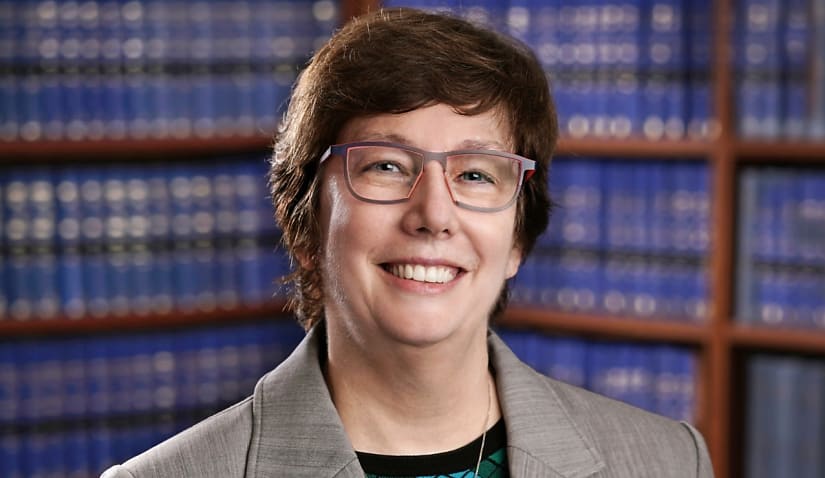Law students face a number of challenges in law school, from competitive entry to expensive fees in a cost-of-living crisis – and following graduation, getting a foot in the door can be tough, particularly for those without connections in the profession already.

Speaking recently at the 2023 Minds Count Annual Lecture, hosted at the Federal Court in Sydney, High Court Justice Jayne Jagot reflected on young lawyers entering the profession and how their experience can be improved upon.
As to why that is, Jagot J said that entry to law at a university is “highly competitive” and law degrees are expensive, with the rising cost of living being particularly challenging for students who do not have families capable of supporting them.
“Being able to work sufficient hours to pay for food and rent, all while trying to study and pass courses, must be enormously stressful. For some people, even the prospect of starting life with so much debt from their tuition costs, albeit deferred under the HECS scheme, can operate as a material deterrent to the undertaking of tertiary education,” she said.
“In short, there are still significant barriers to entry to the legal profession which either exclude people altogether or, for those who can get over the initial barrier, impose great stresses on them, particularly people from disadvantaged social and economic backgrounds, who could make fine lawyers. I suspect the people who do overcome the barriers to entry and make it through their degree, particularly but not only those from disadvantaged social and economic backgrounds, carry a high stress load before they even enter the legal workplace.”
Then, once law students finish their degree, entering the profession involves “significant hurdles”, which Jagot J said can be particularly challenging for those who don’t already have legal connections.
“Getting a foot in the door can be tough, particularly if the economy is on a downward swing when they graduate. When I graduated, it never occurred to me that a person like me, who knew no one in the law, could become a judge’s associate. It never occurred to me that I could become a barrister. Why? Because I had no inherited legal cultural capital and no idea how to acquire any.
“I was also far too retiring to have acquired any form of legal mentor while at university. There must have been, and will still be, many people in the same position. Many law graduates enter private practice. A number are quite likely to find that the performance pressure in private practice is just as intense as it had been at university. They may also find that the hours they must work often leave little time for anything other than sleeping and eating. They may also find or sense another common aspect of the legal workplace – quite extreme hierarchies and pay differentials,” Jagot J continued.
“It should go without saying that this kind of environment – in which more junior lawyers have little autonomy over what they do and where their time is literally of lesser value than that of everyone above them in the pecking order – involves a risk to people’s psychological wellbeing which calls for active ongoing cultural and individual management.”
In addition, once junior lawyers are in the profession, Jagot J opined that some legal workplaces are “like small, unequal societies”, which carry greater risks of poor psychological wellbeing – which need to be “recognised and managed”.
“We can each take a critical eye to the work structure of which we are, and, whatever the existing workplace culture or our capacity to influence or change it, try to maintain a keen awareness of the impacts or behaviours can have on others in the workplace,” Jagot J said.
“If we try to maintain that awareness, even when we feel under pressure, then we give our more junior work colleagues the best opportunity to fulfil their potential and enjoy the fascinating and rewarding professional life a career in the law can offer. This awareness might be a small but valuable step to help young lawyers burn bright and not burn out.”

Lauren is the commercial content writer within Momentum Media’s professional services suite, including Lawyers Weekly, Accountants Daily and HR Leader, focusing primarily on commercial and client content, features and ebooks. Prior to joining Lawyers Weekly, she worked as a trade journalist for media and travel industry publications. Born in England, Lauren enjoys trying new bars and restaurants, attending music festivals and travelling.